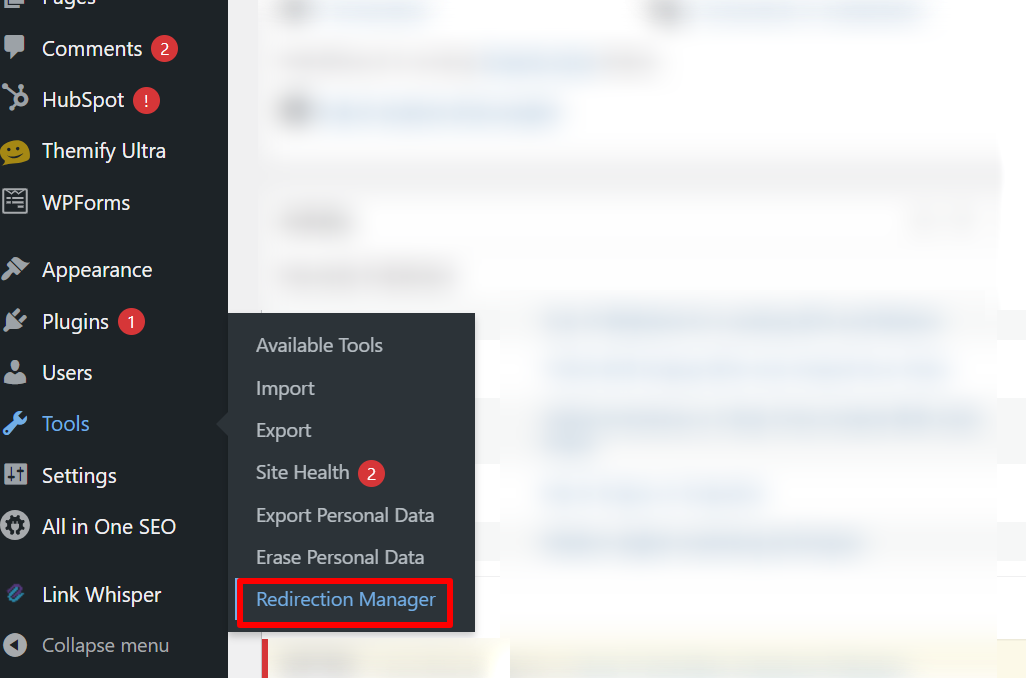Why is having duplicate content an issue for SEO?
Why is having duplicate content an issue for SEO? Having duplicate content live on the site is an issue for SEO because it weakens the ranking of the single unique page that has. Within the complicated field of SEO, one concept that consistently raises concerns is duplicate content. While the advanced domain is replete with data and concepts, the reuse or duplication of content across multiple web pages poses a significant challenge for effective SEO strategies.
Copy content, referring to identical or substantially similar content that appears on multiple websites, can have profound effects on a website’s visibility, positioning, and overall online performance. This article explores the multifaceted issue of duplicate content and explains why it could be a significant SEO concern.
What is duplicate content?
Duplicate content or Copy content encompasses not only verbatim duplicates, but also similar passages, slightly altered forms, and content that conveys the same message using different terms. Search engines like Google are intended to return the most germane and diverse results to user queries.
When a search engine recognizes multiple duplicate pages with identical or closely related content, it encounters a dilemma in determining which adaptation to display in the search results. This degrades the user experience and undermines the search engine’s ability to determine the most authoritative and significant page.
Summing it up:
- Internal duplicate content: when the same content appears on different pages of the same website.
- External duplicate content: when the same content appears on different websites.
Why is having duplicate content an issue for SEO? SEO Copy Suggestions:
Positioning Weakness is one of the most important issues with copy content. When search engines encounter multiple pages with comparable content, they struggle to determine which page deserves the next ranking.
Thus, the search engine may distribute the specialist and positioning potential across multiple pages as opposed to a single definitive page. This fracture diminishes the overall visual perceptibility of a website.
- Creep Budget: Search engines allot a unique creep budget to each site, determining how frequently and deeply its pages are ordered. Copy content can deplete this creep budget as search engine algorithms spend more time ordering copy pages, reducing the resources available for locating and ordering contemporary, vital content.
- Punishments and Algorithmic Channels: Google employs sophisticated algorithms that identify and penalize websites employing manipulative copy content hones. Websites using “black hat” SEO techniques, such as content scraping or creating numerous pages with minor variations, risk being hailed by Google’s algorithms, resulting in decreased rankings or even removal from search results.

Duplicate content can confuse customers and direct them to pages that are not the most pertinent to their inquiries. If customers consistently encounter or find duplicate content problems on a website, they may lose faith in the site’s credibility, resulting in increased exit rates and decreased client engagement metrics.
Canonization and Its Function:
Canonicalization is an indispensable instrument for combating the negative effects of duplicate content. So we should avoid duplicate content Penalties. It involves displaying the preferred form of a page to search engines and integrating the positioning potential and specialist signals onto a single page.
By adding a rel canonical tag to the preferred form, site owners can direct search engines to the proper page and prevent positioning dilution.
Common Sources of Copy Content:
- Pages Optimized for Printing: Search engines frequently index the printer-friendly versions of web pages rather than the original content because they contain copy content.
- WWW vs. Non-WWW Adaptations: Websites accessible via both “www” and “non-www” formats may inadvertently cause copy content issues if not appropriately redirected.
- HTTP vs. HTTPS: Failing to implement appropriate HTTPS redirects can result in search engines ordering both HTTP and HTTPS versions of a page, leading to duplicate content issues.
- E-commerce Platforms: E-commerce websites face difficulties with product descriptions appearing on multiple pages, potentially causing copied content issues.
Anticipating and Controlling Duplicate Content:
- Unique and Vital Substance: The most persuasive strategy is to create a special, profitable substance that addresses the needs and concerns of consumers. High-quality content attracts memberships and engagement, enhancing a website’s authority and decreasing the likelihood of duplication. So there should be a proper content management system.
- 301 Redirects: Use 301 diverts to redirect duplicate variants of a page to the preferred version. This ensures that search engines index the correct page while maintaining backlinks and user engagement. In WordPress, log in to your dashboard, go to Tools, and select “Redirection.”

- Canonical Labels: Implement canonical labels on pages with similar content, signifying the preferred version for search engines.
- Utilization of Parameters: Websites utilizing parameters to dynamically generate content should employ URL parameter handling tools to instruct search engines on which parameters to disregard.
The conclusion:
Within the ever-evolving field of SEO, copy substance has emerged as a formidable obstacle requiring proactive solutions. The negative effects of duplicate content, such as positioning erosion and tainted customer experiences, highlight the significance of developing engaging and profitable content while judiciously employing canonicalization and diversions.
By understanding the complexities of copy content and adopting best practices to combat it, there should be fixing duplicate content, Site proprietors and digital marketers can enter the SEO scene with enhanced visibility, expert standing, and client trust.



